I Get Knocked Down, But I Get Up Again...
Who's the band behind the famous song?
Hello!
It’s funny how you can know a song well, but know next to nothing about the band behind it.
I was listening to a “90s Hits” playlist recently, when I heard that familiar line:
“I get knocked down, but I get up again…”
It’s part of the chorus of a song called Tubthumping from the band Chumbawamba.
I certainly remember the song – as anyone who had the radio or MTV on in 1997 would.
But who was Chumbawamba? And whatever happened to them?
I was curious…
“Truth is I thought it mattered. I thought that music mattered. But does it? Bollocks! Not compared to how people matter.”
I always thought that Chumbawamba was a European band – probably from the way Tubthumping referenced “Danny Boy” and conjured images of Ireland.
But I was not expecting to find the story I uncovered about the band…
So let’s start at the beginning…not 1997 when Chumbawamba became famous, but in 1982 when six friends were squatting in a big empty house in Leeds, England.
They were young anarchists, and lived an unconventional life where they pooled their money and took turns cooking in a place where they weren’t paying rent.
They were also musicians — and they were political.
“We didn’t want to be normal,” said Allan “Boff” Whalley, the band’s guitarist.
Influenced by punk rockers like the Sex Pistols and The Clash, they used music to express their frustration with what they saw in the news, from the Falkland Islands and Northern Ireland to the UK miners’ strike.
The group found an underground audience, and their modest lifestyle (and rent-free living) meant they didn’t need much money to survive.
And even from the beginning, they seemed more concerned about creativity and expression than commerce.
Though they signed to an independent label and released several albums, they would also distribute their music for free.
But in 1997 — after 15 years of making music together — they decided to try something different with their eighth album, Tubthumper.
“We were trying to write songs now about everyday things rather than merely political statements,” said Boff.
“We were writing about the resilience of everyday people who, you know, fall over, get drunk, but get back up again.”
And they captured that feeling in their song Tubthumping, a message of resilience that had all the elements for an earworm hit – from its catchy chorus to its funky horns.
But when the label bosses heard the new album, they weren’t overly impressed.
And the label ran out of money before the album could be released.
Now the band had an album, but no label to promote or distribute it.
They thought about self-releasing it (an interesting strategy considering where the internet was in 1997), but somehow, a tape found its way to EMI in Germany.
And EMI offered to sign the band for £100,000.
But could a group of anarchist punks sign up to work for The Man?
They knew it wouldn’t work long term, but thought they could have some fun in the meantime.
What they weren’t expecting was a hit.
A massive hit.
Tubthumping and its snappy refrain would be cranked out everywhere from pubs and frat parties to sporting arenas, and nearly reach the top of the Billboard charts in the US and UK.
It was also a Top 20 hit across Europe, as well as Canada, Australia, and New Zealand.
And with the success of Tubthumping, suddenly this motley crew of anarchists had fame – and money.
But somehow, they didn’t let it destroy who they were.
“That (fame) was never our intention. It was just something that happened,” said lead singer Dunstan Bruce.
“But when it did happen, we thought ‘Look, we’ve got to make the most of this. This doesn’t happen to everybody.’”
When the group was nominated for a Brit award for Single of the Year, they brought striking dockworkers from Liverpool with them to the awards show.
If the band won, they planned to let the dockworkers accept the award and give them the moment at the microphone to make their case.
But when the band lost, they found another way to get attention – by dumping a bucket of water on Deputy Prime Minister John Prescott’s head.
That did not go over well with EMI, who insisted the group apologize.
But the band refused.
They may have had fame and money, but they were still anarchists.
They followed up the incident at the Brits by recording a freestyle doo-wop about their disappointment with then-Prime Minister Tony Blair – without the label’s knowledge.
Then they released it for free – and even sent 2000 copies to EMI employees at the label’s London headquarters.
Not surprisingly, EMI dropped them soon after.
But the band seemed unaffected.
They continued making music, although they never replicated the kind of success they had with Tubthumping.
They made a lot of money from Tubthumping (the song is credited to eight songwriters) — and have passed up potential millions from companies like Nike and GM who offered to license their music.
The group did accept $100,000 from US car company Chrysler in 2002 to use their song Pass it Along in a TV ad.
But the band had no intention to keep the money.
Instead, they publicly donated it to anti-corporate groups who used the funds to mount “an aggressive information and environmental campaign” – against GM.
And Boff says you won’t hear Tubthumping on The X-Factor or Britain’s Got Talent.
“I don’t like Simon Cowell,” he said.
“I don’t like what he stands for, and so the more money they offer, the more fun it is to turn them down.”
Band members came and went over the years, and in 2012, Chumbawamba officially broke up after 30 years together.
“A true artist wants to try different things,” Boff said.
Some members continued making music, while Boff started running competitively.
Dunstan Bruce got into film.
And singer Alice Nutter pursued a TV writing career.
“To 99 percent of people, we just had that one song, but there is always the 1 percent who listen to the rest of the album and like it enough to listen to more,” Boff said in a 2016 interview.
“I still really like Tubthumping. I don’t feel embarrassed by it at all.
“I know some bands who hate their songs being popular, but I just think, ‘Get off your high horse!’ The whole point of art is to have an audience.”
“We are all still friends,” said Dunstan Bruce.
“And I am massively proud of that song.”
One more thing…
What’s Tubthumping anyway?
You won’t hear the word “tubthumping” in the song that bears its name, but it’s an old English word that describes “someone getting up on a soapbox, before electricity, and just saying whatever they wanted to say.”
The inspiration behind Tubthumping came from Boff, who was in bed at night with his wife when they heard their next-door neighbor coming home.
“He was super drunk, making a lot of noise. He’s singing Danny Boy, which became a lyric in the song,” explained band co-founder Danbert Nobacon.
“He goes up to the door, he puts his key in, he falls over, and he gets back up.
“It happened two or three times – he was just so drunk he kept falling over.
“Eventually he went in and went to bed, presumably, and fell asleep.
“It just clicked in Boff’s brain when he woke up the next morning. It fit the chorus.”
Said band member Danbert Nobacon, “I’m not sure why we called that song Tubthumping.”
What’s that line at the beginning?
Longer versions of the song include an intro with dialogue from the 1996 film, Brassed Off, spoken by actor Pete Posthlethwaite.
The dialogue is: “Truth is I thought it mattered. I thought that music mattered. But does it? Bollocks! Not compared to how people matter.”
Here’s the clip from the scene in the film:
What else is on my mind?
Least Creative Campaign
Many London tourists and commuters were confused when Burberry took over Bond Street Station for Fashion Week.
I love a good pun and brands having fun with their communication, but this fell flat for me.
More Writing!
Pop culture continues to inspire — and here are two recent pieces I’ve written:
A Lesson on Apologies from Drew Barrymore:
The Communication Lesson Joe Jonas Needs to Learn
How Can I Help?
I’ll keep saying it: Communication matters.
Last week Jann Wenner, co-founder of the magazine Rolling Stone, found out just how much:
Seriously folks, poor communication costs you — money, relationships and your reputation.
But if you want to improve your communication (and get all the good things that come with that), I’m your gal.
So many companies could reap significant benefits – from performance and culture to retention and engagement – by improving their communication.
So, if you know someone who could benefit from some help (as even the most seasoned leaders do), please get in touch and check out my website for more information.
You can also see my Top 10 list of what I can (and can’t) do for you here.
And if you see any communication examples (the good, the bad, and the ugly) that you think are worth analyzing or sharing, please send them my way!
Until next time, Stay Curious!
-Beth


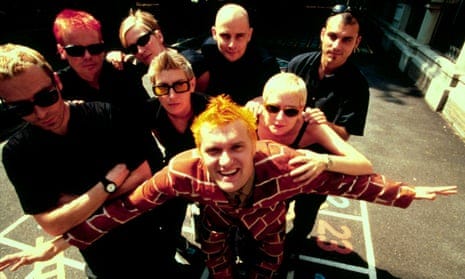
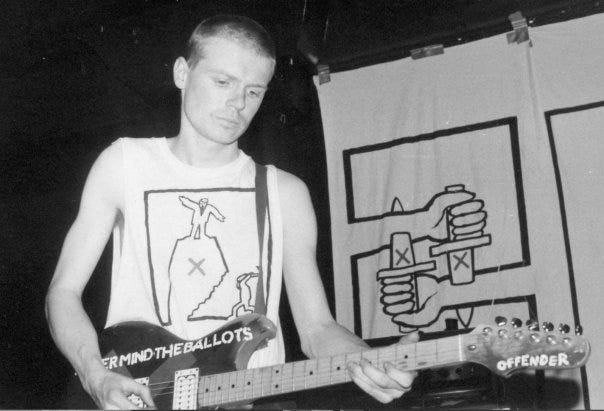
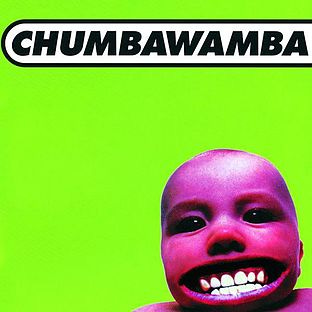
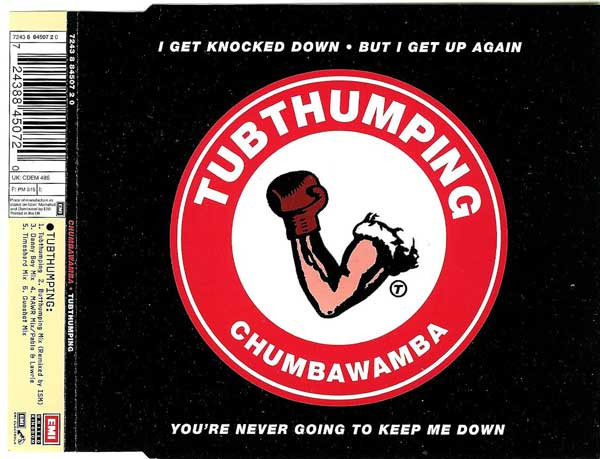
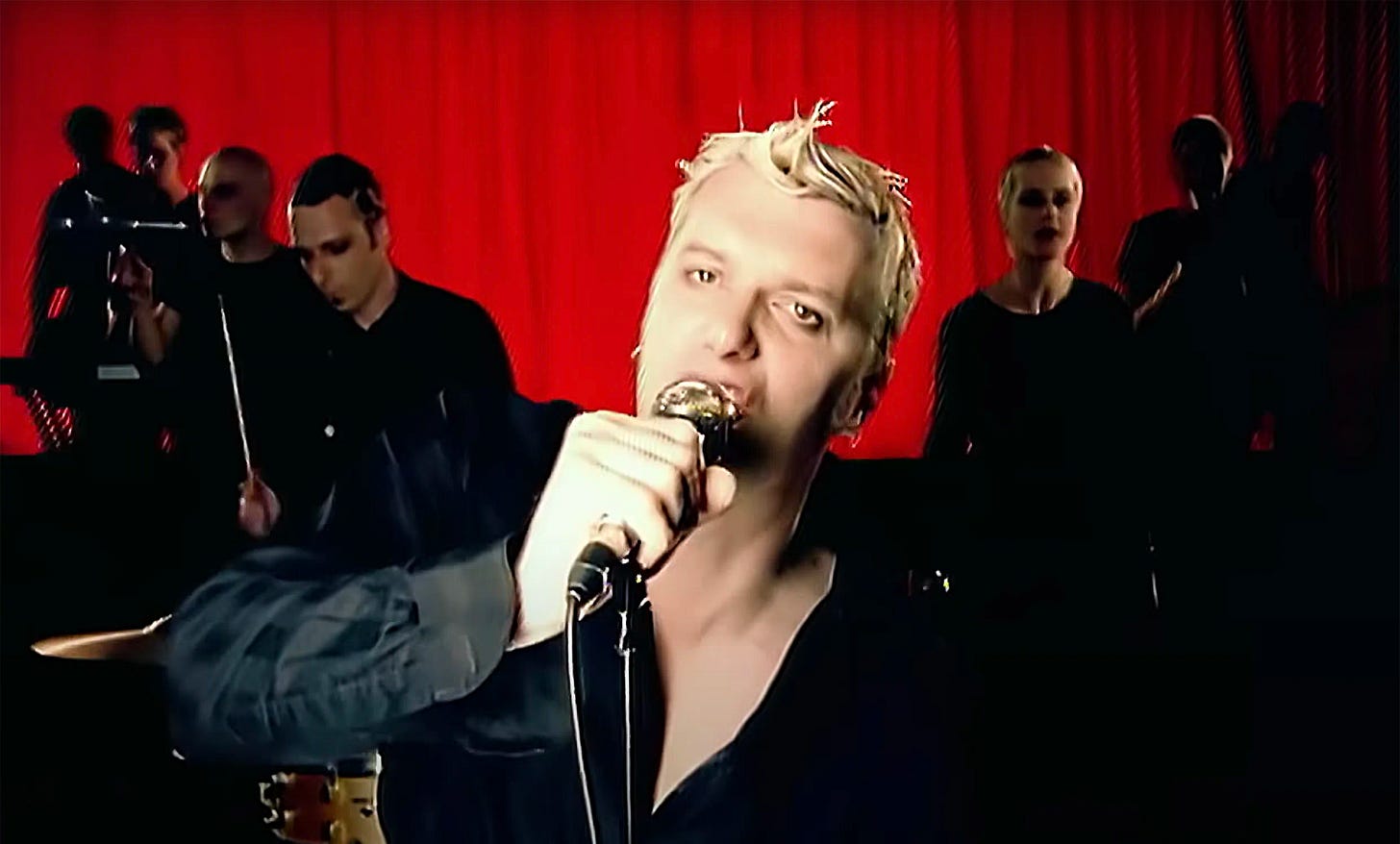
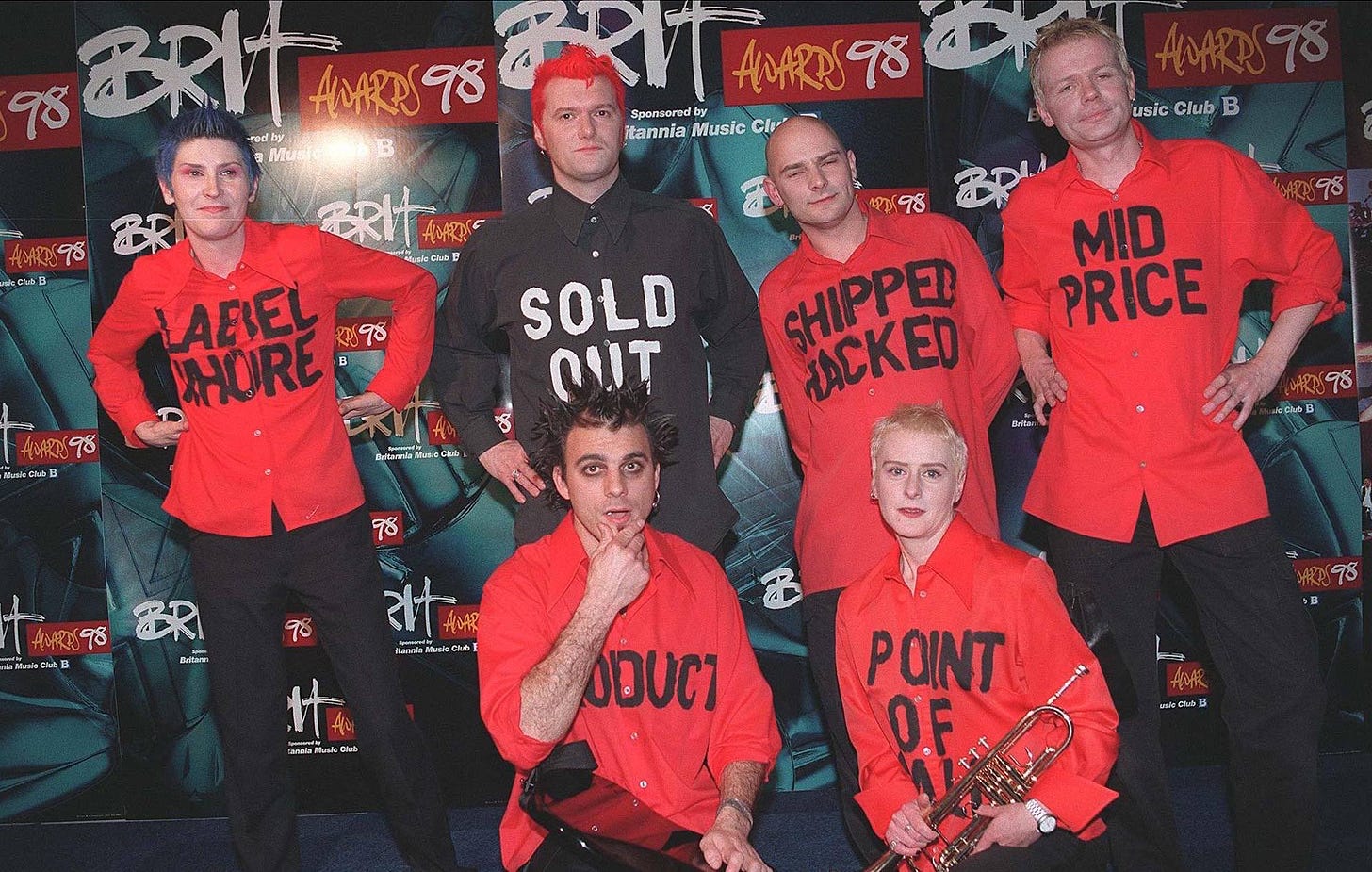




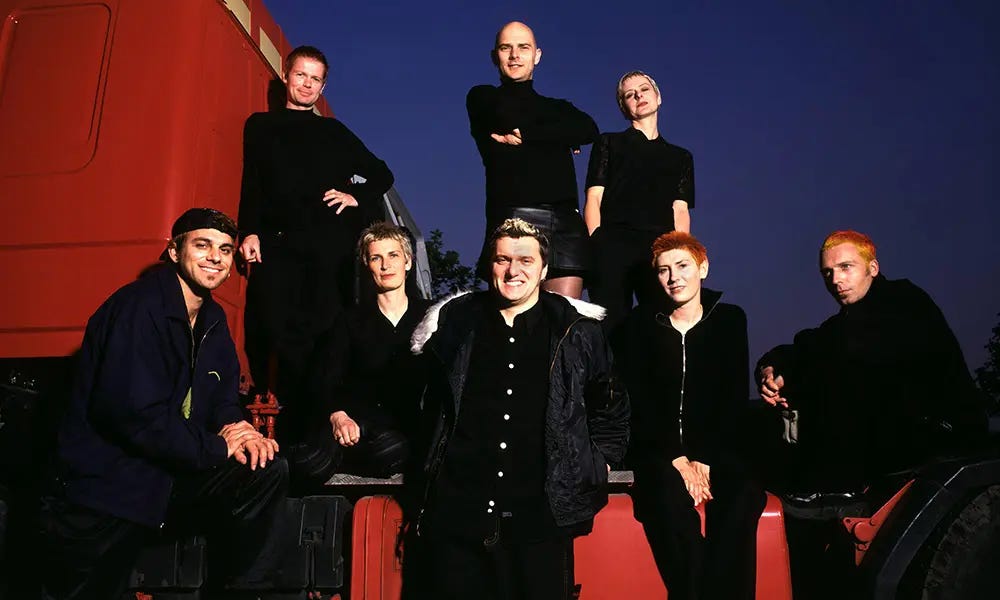





And now I know the rest of the story about this catchy tune. Thanks , Beth!